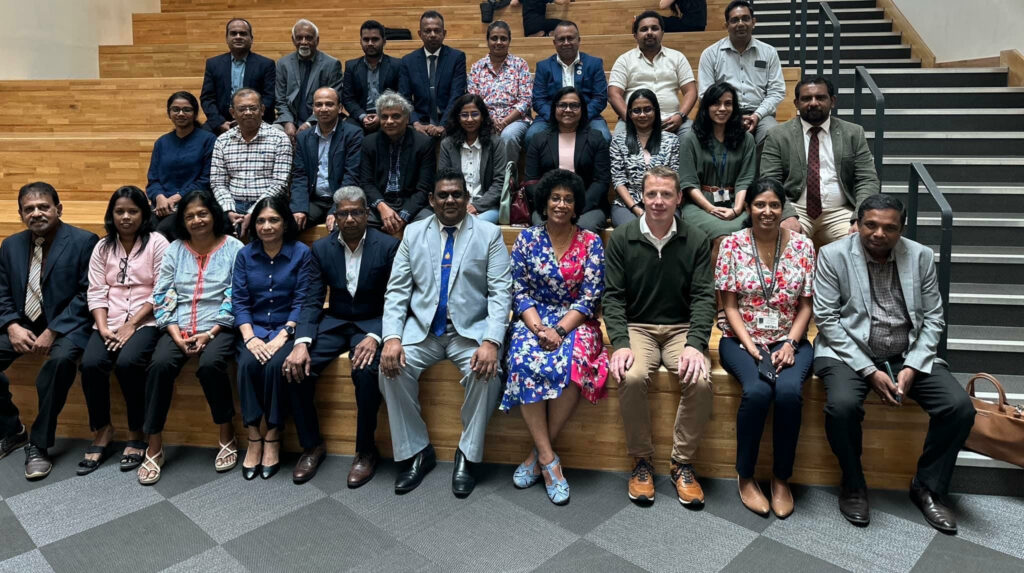About CCA-DRR

CCA-DRR is designed to develop research capacities amongst academic staff members of UK and Sri Lanka, in “tackling climate change as an underlying disaster risk driver” Climate change can increase disaster risk by altering the frequency and intensity of hazard events, affecting vulnerability to hazards, and changing exposure patterns. Countries such as Sri Lanka have experienced these impacts of climate change, including an increase in extreme weather-related events such as cyclones, droughts, monsoonal rain, and subsequent flooding and landslides. Despite increasing recognition of their links, disaster risk reduction (DRR) and climate change adaptation (CCA) have largely remained distinct and independent in research and policy communities. In order to rectify this, the UN Sendai Framework for DRR 2015–2030 laid out a pathway for DRR that has been adopted by 187 countries, and emphasises ‘‘more dedicated action needs to be focused on tackling underlying disaster risk drivers, such as the consequences of climate change”.
Capacity Building
This Network on CCA-DRR will bring together a bi-lateral cohort of UK and Sri Lanka scientists to build capacity that can help to better integrate CAA and DRR. The Network aims to advance the dialogue between the CAA and DRR communities by investigating differences, overlaps and potential synergies between the two realms. It will achieve this through a structured training programme that draws together international expertise and diverse disciplinary perspectives.
Impact
The Network will build the capacity of Sri Lankan Universities to produce high quality, policy and practice relevant research that can support Sri Lanka’s efforts to tackle climate change and its impact on disaster risk. In this context, there will also be a self-sustainability of the partnership after the end of the project. The proposed “training activity schedule” will be designed to ensure that the project achieves its intended outcomes and that the impact on the target groups is sustained beyond the lifespan of the initial project fulfilling the concept of sustainability, which consists of principles and practices that ensure lasting, autonomous and self-perpetuating change for an extended period after this exchange project ends.
Project Partners

University of Huddersfield, UK (Lead)
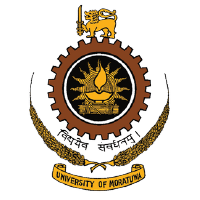
University of Moratuwa,
Sri Lanka
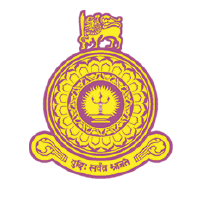
University of Colombo,
Sri Lanka
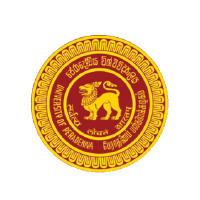
University of Peradeniya,
Sri Lanka
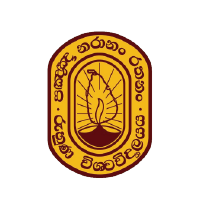
University of Ruhuna,
Sri Lanka
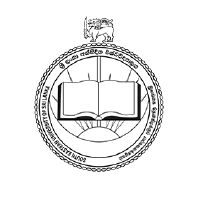
South Eastern University of
Sri Lanka
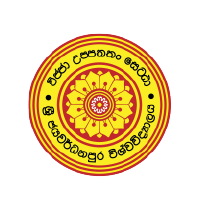
University of Sri Jayewardenepura,
Sri Lanka
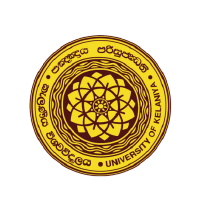
University of Kelaniya
Sri Lanka
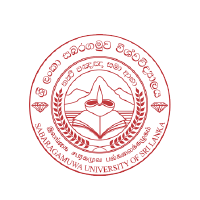
Sabaragamuwa University of
Sri Lanka
Project Team

Dr. Chamindi Malalgoda
University of Huddersfield, UK
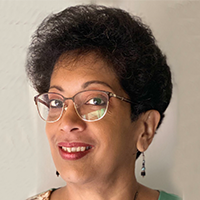
Prof. Dilanthi Amaratunga
University of Huddersfield, UK

Prof. Richard Haigh
University of Huddersfield, UK
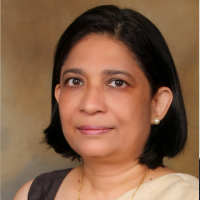
Dr. Indrika Rajapaksha
University of Moratuwa, Sri Lanka
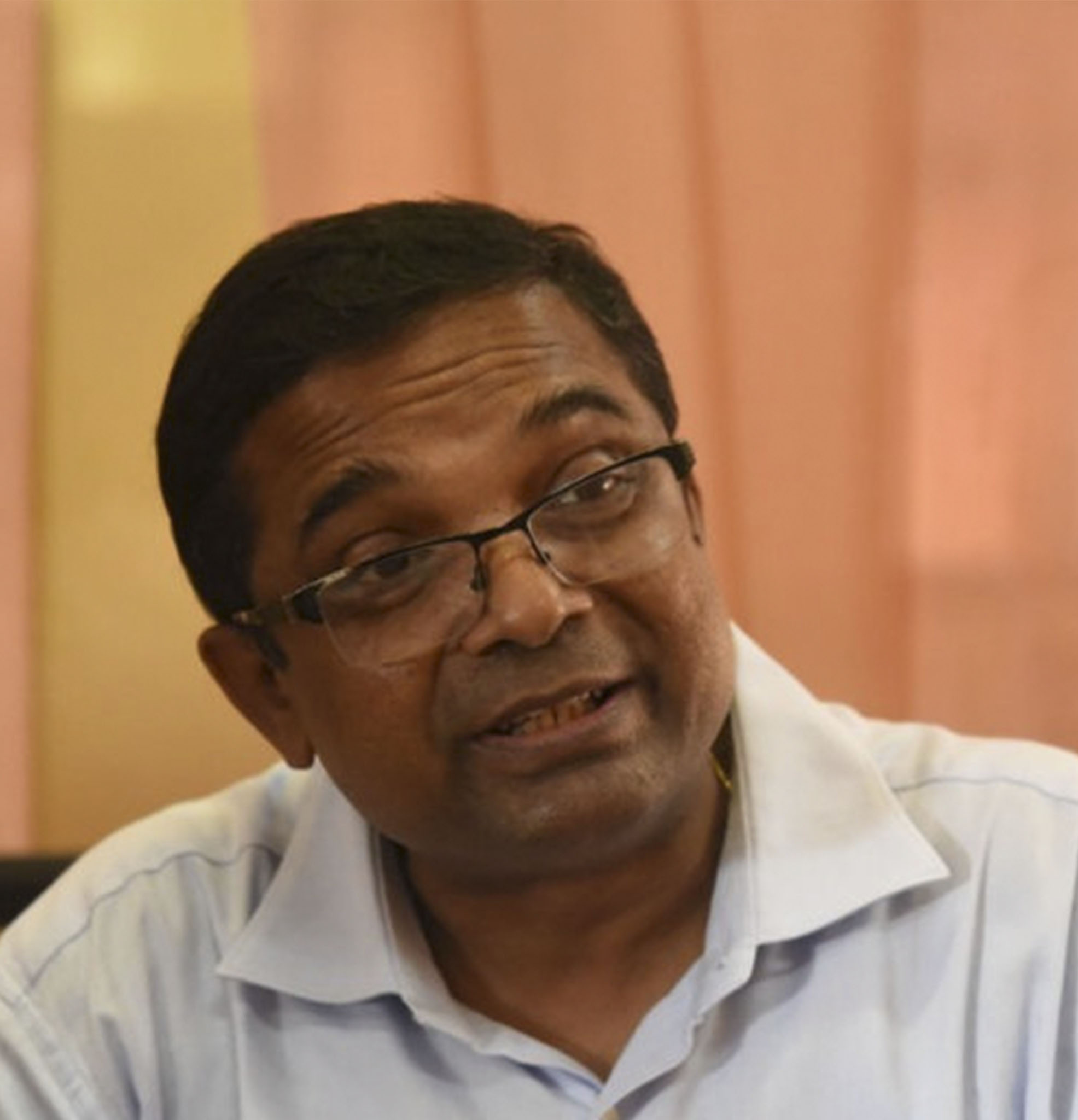
Prof. Nishara Fernando
University of Colombo, Sri Lanka
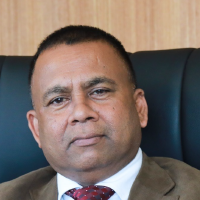
Prof. Ranjith Dissanayake
University of Peradeniya, Sri Lanka
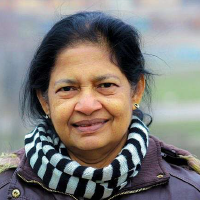
Prof. Champa Navaratne
University of Ruhuna, Sri Lanka
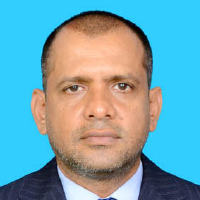
Dr. Mohamed Thariq
South Eastern University of Sri Lanka
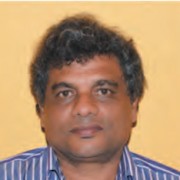
Prof. S.B. Navarathne
University of Sri Jayewardenepura, Sri Lanka
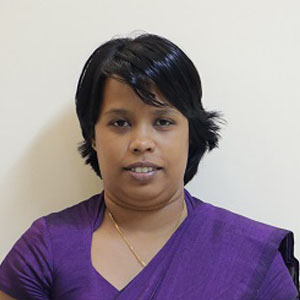
Dr. B.G.N. Sewwandi
University of Kelaniya, Sri Lanka
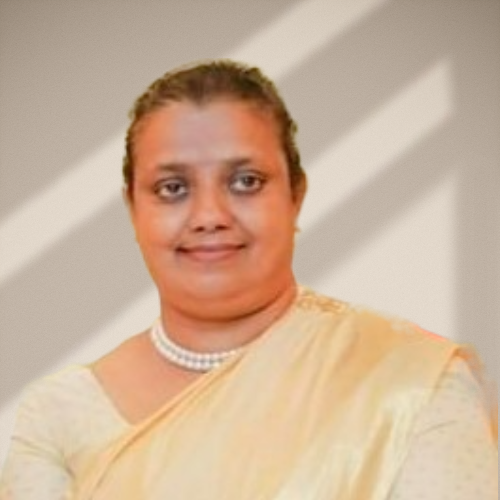
Prof. Achini De Silva
Sabaragamuwa University of Sri Lanka
